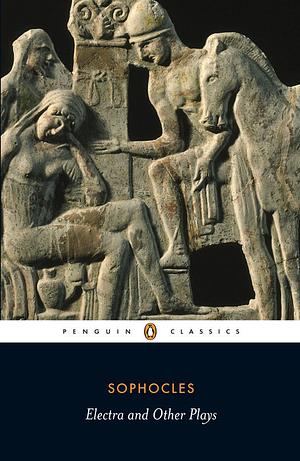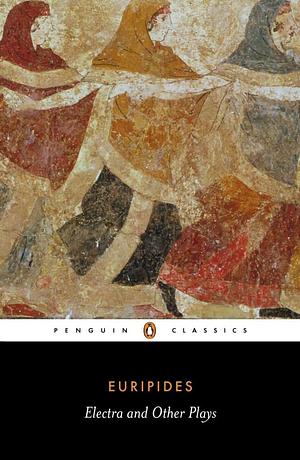You need to sign in or sign up before continuing.
Take a photo of a barcode or cover
Overview
The Guide to Starting With the Greeks
Challenge Books
1
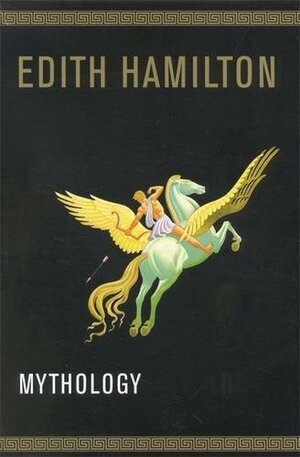
Mythology
Edith Hamilton
Frequently used to teach ancient mythologies and beliefs, Mythology by Edith Hamilton retells the story of many Greek myths, as well as some Roman and Norse. Knowing Ancient Greek Mythology is the most essential step in being able to understand all of the following texts. Hamilton makes mention of many poets and philosophers that will be shown throughout this chart, which provides a small introduction into their work as well.
2
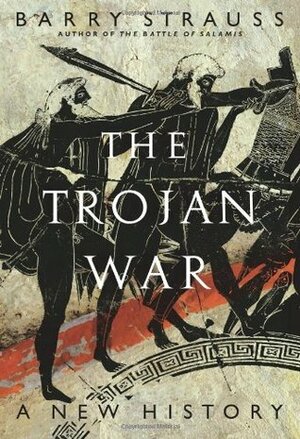
The Trojan War: A New History
Barry S. Strauss
Supplementary reading before you begin The Iliad, Strauss' The Trojan War provides the reader with more background knowledge on the war, as well as exploring the myth and reality of this event.
3
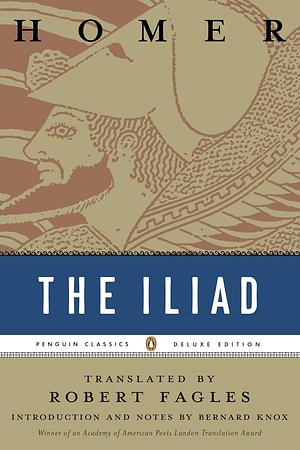
The Iliad
Homer
An epic poem set during the final weeks of the Trojan War, the ten-year siege of the city of Troy by the Greek coalition of city-states. Although it takes place near the end of the war, The Iliad regularly mentions and alludes to earlier events, as well as many warriors, from both sides, and their personal quarrels.
4
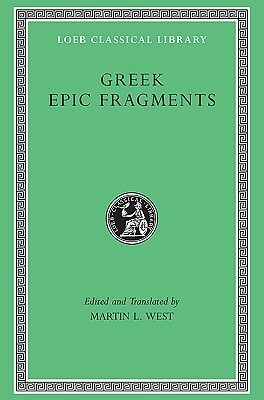
Greek Epic Fragments: From the Seventh to the Fifth Centuries B.C.
Martin L. West
Want more epic Trojan War poems? Well, too bad. The only Ancient Greek epic poems about the Trojan War are the Homeric ones. The rest survive in fragments. They are collected here alongside helpful notes and historical context. However, Virgil's Aeneid is a Latin poem that deals with the Trojan War.
5
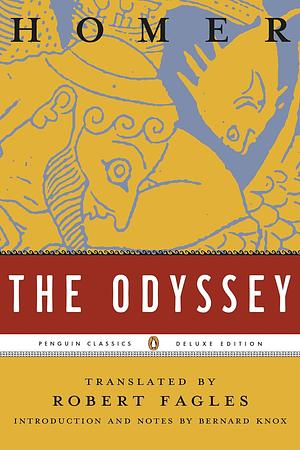
The Odyssey
Homer
A 'sequel' to The Iliad following the Greek warrior, Odysseus as he attempts to go back home from the Trojan War. Considered by many to be the more important to the two Homeric epics because of the prevalent themes, including the strong themes of hospitality and temptation.
6
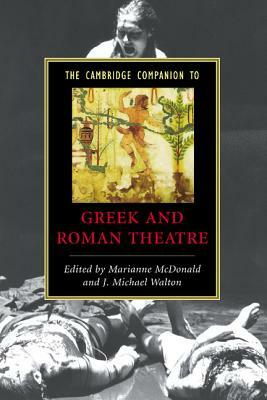
The Cambridge Companion to Greek and Roman Theatre
A series of essays by prominent Greek historians which investigate the many Greek plays and how they were performed. Greek plays are formulaic and this books delves into the formula's traditions and conventions.
7
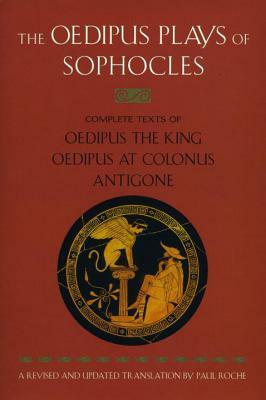
The Oedipus Plays of Sophocles: Oedipus the King; Oedipus at Colonus; Antigone
Sophocles
Contains the three Theban plays written by Sophocles, including: Oedipus Rex, Oedipus at Colonus, and Antigone. It is recommended you read them in that order. Sophocles supposedly wrote over 100 poems, but only seven survive. For the four others, I recommend Penguin Classic's "Electra and Other Poems". There are actually two books with that title. The other one is by another Greek poet at this time, Euripedes, which I also recommend.
10
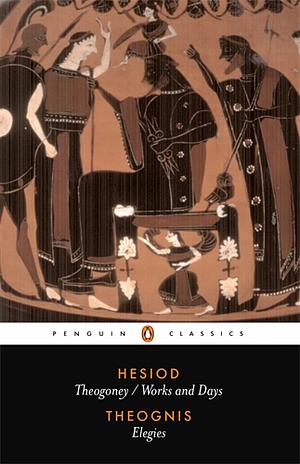
Hesiod and Theognis: Theogony, Works and Days, and Elegies
Theognis, Hesiod
Rounding out the final of the classic Greek poems is Penguin's collection of Hesiod's poetry, including Theogeny, Work and Days and Elegies.
11
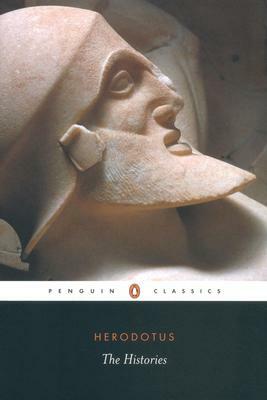
The Histories
Herodotus
(To be read AFTER The Odyssey)
Considered to be the first 'history' book, The Histories is to be seen more as a narrative of Herodotus traveling across Greece, recollecting the many city-state's legends and folk tales, then piecing them together to tell a myth-inspired version of the origin of the Persian war.
Considered to be the first 'history' book, The Histories is to be seen more as a narrative of Herodotus traveling across Greece, recollecting the many city-state's legends and folk tales, then piecing them together to tell a myth-inspired version of the origin of the Persian war.
12
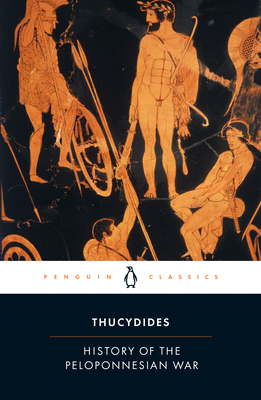
The History of the Peloponnesian War: Revised Edition
Thucydides
(To be read AFTER The Histories)
Standing in sharp contrast to Herodotus, Thucydides' History is more of an actual historical account of the war between the Peloponnesian League (let by Sparta) against the Delian League (led by Athens).
Standing in sharp contrast to Herodotus, Thucydides' History is more of an actual historical account of the war between the Peloponnesian League (let by Sparta) against the Delian League (led by Athens).

